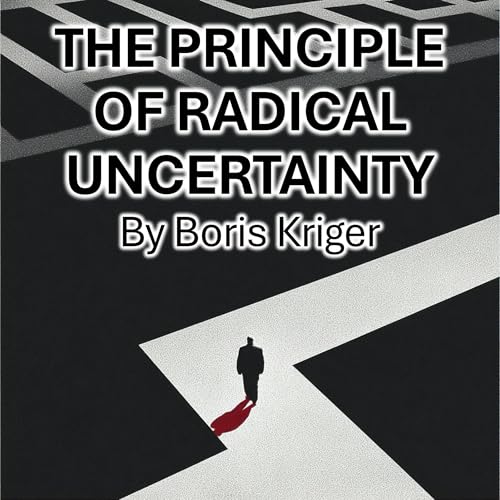
The Principle of Radical Uncertainty
Lev Shestov and the Liberation from Rational Foundations
カートのアイテムが多すぎます
カートに追加できませんでした。
ウィッシュリストに追加できませんでした。
ほしい物リストの削除に失敗しました。
ポッドキャストのフォローに失敗しました
ポッドキャストのフォロー解除に失敗しました
2か月無料体験
聴き放題対象外タイトルです。プレミアムプラン登録で、非会員価格の30%OFFで購入できます。
¥2,500 で購入
-
ナレーター:
-
Andrew Grover
-
著者:
-
Boris Kriger
このコンテンツについて
What if human life has no secure foundation—no ultimate law, no necessity, no rational guarantee? For Lev Shestov (1866–1938), the most unsettling of Russian existential thinkers, philosophy’s dream of certainty was an illusion born of fear. Against the entire Western tradition from Plato to Kant and Hegel, he proclaimed that existence is groundless: fragile, paradoxical, exposed to the abyss of uncertainty.
This book presents Shestov’s thought as a radical alternative to systems of reason and necessity. Engaging Kierkegaard, Nietzsche, Dostoevsky, Heidegger, Sartre, Camus, Levinas, and Derrida, it explores how groundlessness undermines the certainties of science, politics, and morality, while opening the path to authentic freedom, responsibility, and even faith.
The Principle of Radical Uncertainty argues that Shestov was not a marginal eccentric but a prophetic voice for our own age of crisis. In a world shaken by the fragility of knowledge, the illusions of political security, and the uncertainties of technology and climate, his philosophy reminds us that the collapse of foundations is not the end of thought but the beginning of liberation.



